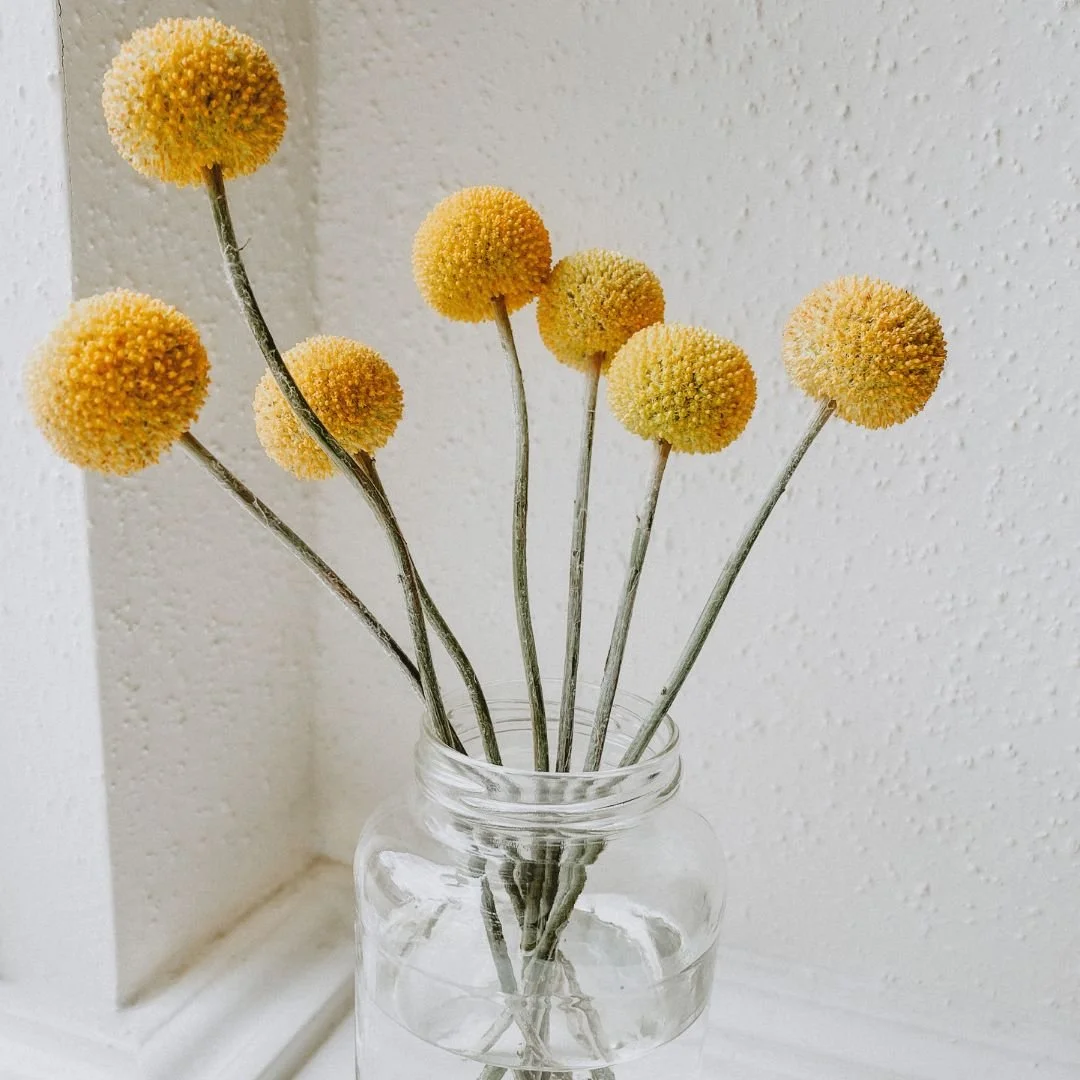Breathing Exercises for Moms: Calm Anxiety With Your Breath
Because Some Days, It Feels Like You Can’t Catch Your Breath
Motherhood is filled with moments that leave you tense, overwhelmed, or holding your breath without even realizing it. The constant demands, the noise, the pressure—it’s a lot. And when anxiety builds, our breathing gets shallow, which only makes it worse.
The good news? Your breath is one of the simplest, most powerful tools you have to calm your nervous system—anytime, anywhere.
Summary: What You’ll Learn
In this post, you’ll learn how anxiety impacts your breathing, why breathing exercises work, and two simple techniques moms can use to feel calmer, more grounded, and less reactive (even on the hardest days).
Anxiety & Our Breath: Why Moms Need This Tool
When we’re stressed or anxious— hello, motherhood— our breath becomes shallow and fast. That chest-tightening, heart-racing feeling? Your body is in fight-or-flight mode.
The problem is, shallow breathing keeps us stuck in that anxious loop. But the moment we slow down our breath, we send a powerful signal to the brain: “We’re safe now.”
It’s important to become more aware and mindful of our breathing. Checking in with ourselves and engaging in a deep breathing exercise can do wonders for our well-being.
Benefits of Deep Breathing (Yes, Even in the Carpool Line)
Deep breathing activates the parasympathetic nervous system—your body’s natural “calm down” response. Here’s what happens:
• Your heart rate slows
• Your body temperature stabilizes
• Feel-good chemicals (like serotonin) start flowing
• Your mind clears, focus improves, and you can problem-solve
• Emotions feel more manageable
In motherhood, this means you can move from reactive (snapping) to responsive (grounded)—even when your toddler is melting down.
Belly Breathing: A Simple Way to Reset When You’re Overwhelmed
Belly breathing, also known as diaphragmatic breathing, helps you get out of your head and back in your body.
How to Try Belly Breathing:
Sit or lie down comfortable (yes, the floor is fine).
Place one hand on your chest near your heart and the other hand just below your rib cage and above your belly button.
Inhale slowly through your nose. Feel your belly rise while your chest stays still.
Exhale slowly through pursed lips. Feel your belly lower.
Repeat for a few breaths.
This is a great practice when you feel that “ragey” edge building or need help falling asleep. It might feel awkward at first—that’s normal.
Box Breathing: A Simple Tool to Ground Yourself Fast
Another powerful breathing technique—especially for moms feeling anxious, overstimulated, or ragey—is Box Breathing (also called Square Breathing). It’s simple, structured, and easy to remember—making it perfect for those moments when you’re about to lose it over spilled milk (literally).
Box breathing helps calm the nervous system, lowers cortisol levels, and creates space between a trigger and your reaction—something all moms need.
How to Practice Box Breathing:
1. Inhale slowly through your nose for 4 counts
2. Hold your breath for 4 counts
3. Exhale slowly through your mouth for 4 counts
4. Hold your breath at the bottom of the exhale for 4 counts
5. Repeat the cycle 3-5 times
Visualize drawing a square as you go through each step—it gives your mind something to focus on besides the overwhelm.
Box breathing is great in the heat of the moment or as a daily practice to help regulate your nervous system. It’s also simple enough to teach your kids when they’re struggling to calm down.
4-7-8 Breathing: A Gamer-Changer for Mom Anxiety and Sleep
The 4-7-8 breathing technique, created by Dr. Andrew Weil, is perfect for quieting your mind—especially when your brain is spiraling with worries at 2 a.m.
How to do 4-7-8 Breathing Technique:
Rest your tongue behind your front teeth.
Exhale fully with a whooshing sound.
Inhale quietly through your nose for 4 seconds.
Hold your breath for 7 seconds.
Exhale through your mouth with a whooshing sound for 8 seconds.
Repeat for 4 full breaths.
Dr. Weil recommends to do this breathing exercise twice a day. After a month of practicing this you can increase the total amount of breaths you do it for, up to 8 breaths.
The 4-7-8 Breathing Technique can be particularly helpful if you are having trouble sleeping at night. By focusing on your breath and counting, it can help you disengage from those anxious and stressful thoughts.
With practice, this technique can help reduce anxiety, improve sleep, and break the cycle of racing thoughts common in motherhood.
Key Takeaways for Moms Using Breathwork for Anxiety
• Anxiety shrinks your breath—deep breathing helps reverse that cycle
• Simple breathing exercises calm your nervous system fast
• Belly breathing, Box Breathing, and 4-7-8 are great for anxiety, mom rage, and sleep struggles
• Even a few breaths can create space between you and your stress
Your breath is one of your most powerful tools, mama. You carry it with you everywhere. Practicing breathwork won’t erase the challenges of motherhood, but it can help you move through them with more calm, clarity, and control.
*If at anytime your feel lightheaded, stop the exercise, and sit down if you are standing up until it passes.
**If you have a lung condition like asthma or COPD, please consult with your doctor prior to trying any breathing exercises.
Disclaimer: This is not a replacement for a therapeutic relationship or mental health services. This is for educational purposes only and should be in used in conjunction in working with a licensed mental health professional. If you are in California and looking for a professional therapist feel free to use the contact me to request an appointment or search Psychology Today for local therapists in your area.







